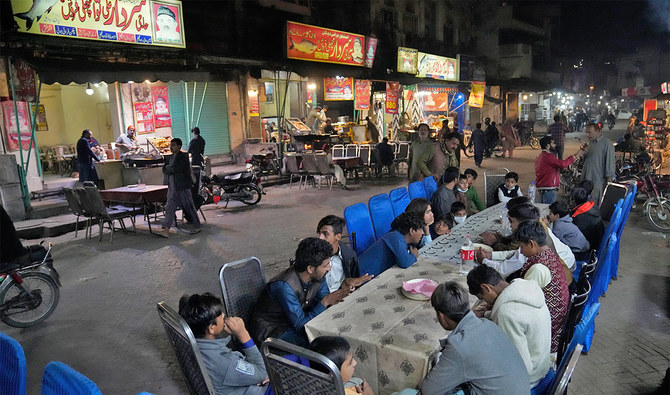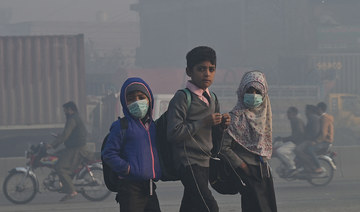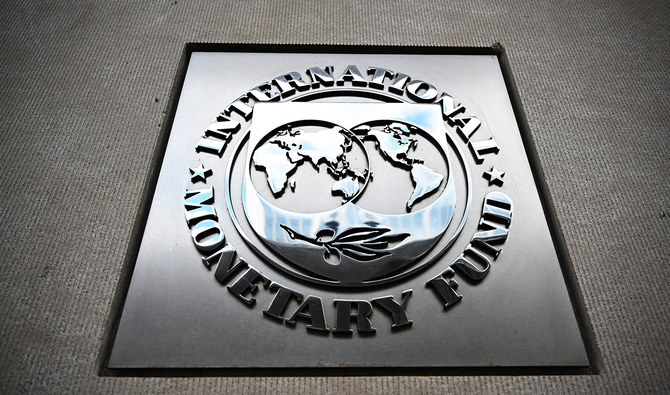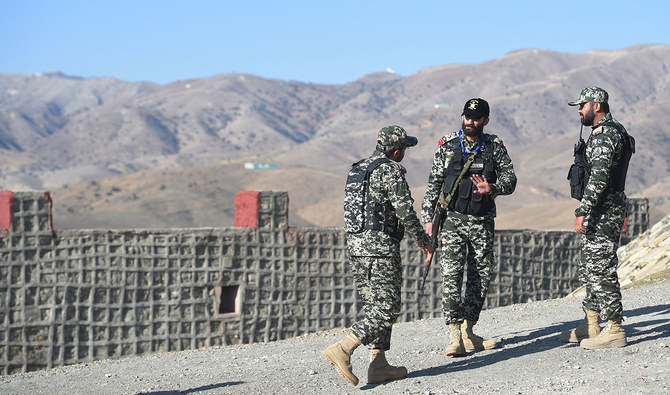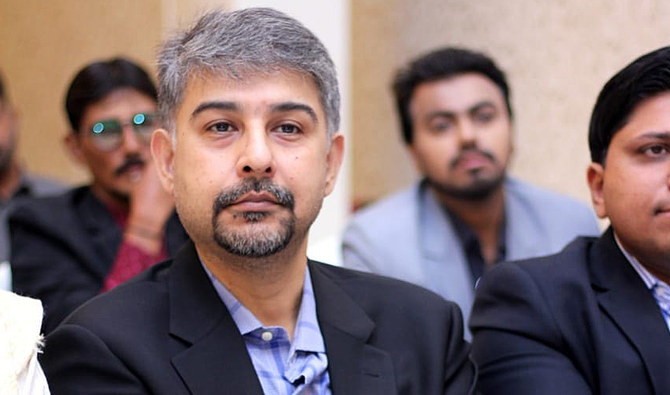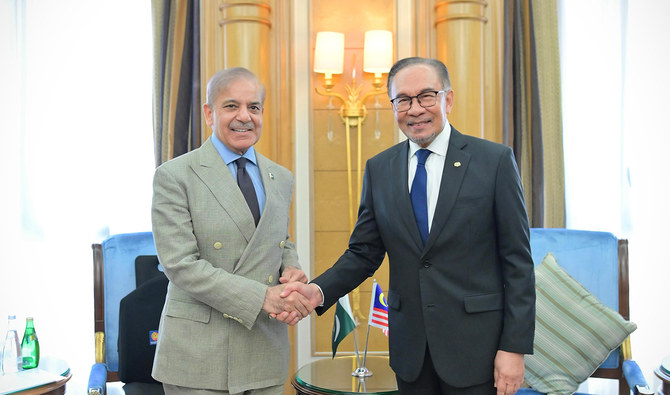ISLAMABAD: The Lahore High Court (LHC) on Wednesday directed authorities to close markets and restaurants in the city by 10pm in view of intense smog and its negative health effects on residents.
IQAir AirVisual’s live pollution rankings put Lahore as the second worst city in the world, after Dhaka in Bangladesh, on Wednesday, with a score of 201, or very unhealthy. The latest ranking showed that the PM2.5 concentration in Lahore was currently 30.1 times the WHO annual air quality guideline value. PM2.5 is lung-damaging particulate matter smaller than 2.5 microns.
“While issuing the directives [to close restaurants by 10pm], the court said that the restaurants be allowed to close at 11pm on weekends,” Pakistan’s Geo News reported. “The court also ordered that schools opening on Fridays be sealed and directed the education department to strictly implement its orders.”
Last week, amid ‘calamitous’ levels of smog in Pakistan’s most populous and largest Punjab province, the government announced the closure of schools three days a week and private offices two days a week.
Punjab chief minister, Chaudhry Pervez Elahi, has described the smog situation as a “calamity” and instructed the environmental protection department to address its causes. He has also announced his administration’s decision to act against farmers who burn crop stubble, which is an illegal practice in the province.
Lahore suffers from high levels of air pollution, with the city regularly ranking at the top of IQAir AirVisual’s live pollution rankings of major global cities. However, pollution only became a public issue in early 2017, when actionable air quality data was published for the first time in Pakistan.
In the absence of publicly available government data, a network of citizen-operated sensors began to monitor PM2.5 and report data in real-time. The data laid bare Lahore’s high levels of air pollution, shocking the public and becoming a media talking point for the first time.
The resulting publicity led to a public interest petition to review the government’s response to the smog crisis, which was heard at the Lahore High Court in November 2017. The court ordered authorities to prepare an updated smog response action plan, and publish daily pollution updates until it was able to publish hourly updates, as the non-government monitors do.
Following the court order, the Punjab Environment Protection Council approved a Smog Action Plan and adopted an Air Quality Index (AQI) classification system in 2017. However, the AQI has been criticized by air quality advocates as being too lax and underreporting the severity of the pollution.
As of November 2019, Pakistani authorities still don’t publish any real-time PM2.5 air quality data. All data come from non-government sensors and the US State Department. The US Embassy in Islamabad, and the three US Consulates in Karachi, Lahore and Peshawar began monitoring and publishing real-time PM2.5 data online in the first half of 2019.
Air quality in Lahore usually worsens during the winter season from October to February when farmers in the wider Punjab province set light to the remnants of crops, producing smoke that adds to smog. At the same time, weather changes mean pollutants remain trapped in the air for longer.
Air pollution in Lahore is also caused by a combination of vehicle and industrial emissions, smoke from brick kilns, the burning of crop residue and general waste, and dust from construction sites. Other factors of air pollution include large scale losses of trees to build new roads and buildings.
Winter air pollution is worse due to temperature inversion, which results in a layer of warm air that is prevented from rising trapping air pollutants.



